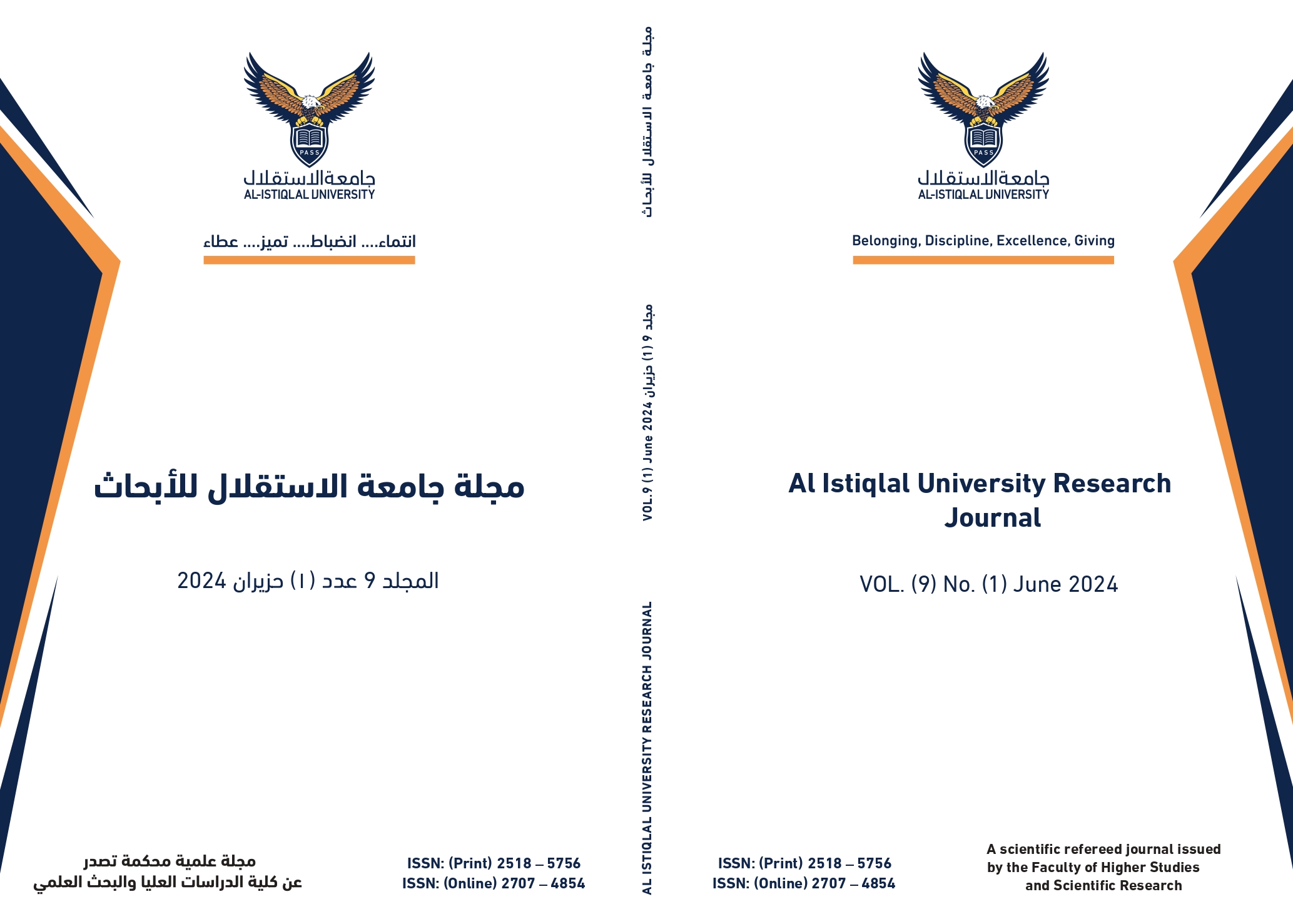Abstract
This research (ruling on the rich wife's spending on her children and her poor husband) aimed at a problem that is considered a contemporary phenomenon, which is the ruling on what the rich wife spends on her husband and children, and answering related questions, including: Is the law obligating the wife to spend on her husband and children, and is it possible for the wife to recover what she pays? If her husband left.
The importance of this research lies in the fact that it deals with the issue through four axes; The view of the four schools of jurisprudence, and what Ibn Hazm Al-Dhaheri is unique to, with a review of the Arab personal status laws and a statement of the purpose of Islam from this alimony. The methodology of the study was to collect, analyze and compare the research material.
A set of results has been reached, the most important of which is: that the rich wife’s alimony on herself and her husband is obligatory, although they differ in whether it is a debt that the husband owes to him at the time of the left or not. The research concluded that the Jordanian and Palestinian laws are the most appropriate and in line with reality.
One of the recommendations of the research is to increase awareness among women that Islam, although obligating them to spend, does not prevent it from being considered a debt owed by the husband, with the need for documentation so that rights are not lost.

This work is licensed under a Creative Commons Attribution-ShareAlike 4.0 International License.
Copyright (c) 2024 Al Istiqlal University Research Journal




